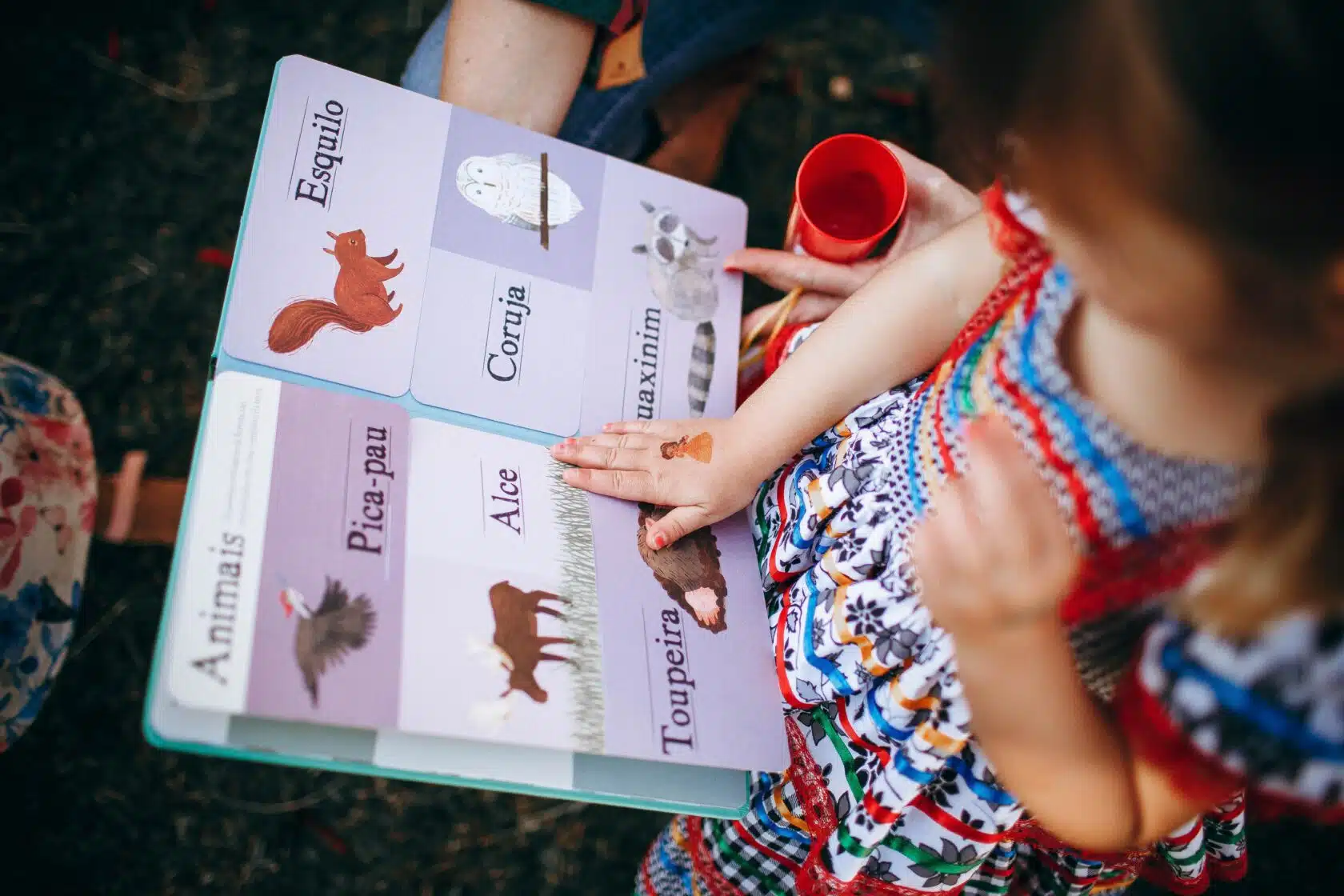Meet Alex, a 6-year-old who loves puzzles. Alex struggled with putting pieces together, often getting frustrated. One day, Alex’s mom introduced a matching game to practice visual perceptual skills.
- Recognizing shapes: Alex matched different shapes and colors, learning to see similarities and differences.
- Understanding patterns: He worked on identifying patterns in a sequence of blocks, improving his ability to predict what comes next.
- Spatial awareness: Alex practiced placing objects in specific spots on a grid, which helped him with puzzle fitting.
By practicing these skills, Alex improved his puzzle-solving abilities and felt more confident.












